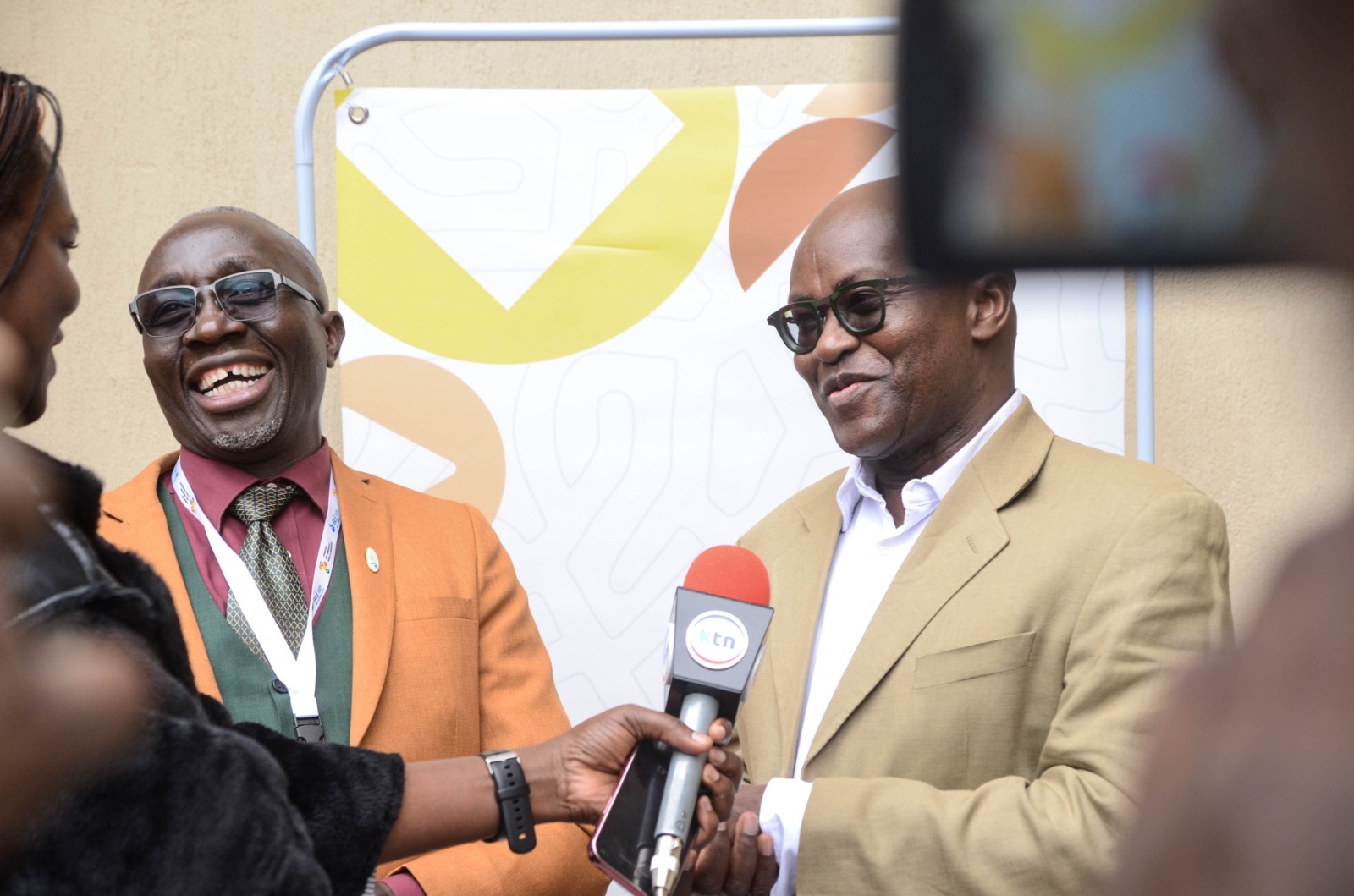Parties have abdicated their civic education duty
They are used to create leadership order in political spaces
ICJ Executive Director Mukoya said the police's aggressive handling of protests is sending a message that state institutions are failing.
In Summary

Audio By Vocalize

The highhanded response to protests, violent crackdown on social media users and silencing of the independent press have made Kenyans lose faith in democracy, a lobby has warned.
The International Commission of Jurists executive director Eric Mukoya and the director of South-Africa-based Innovation Foundation for Democracy Achille Mbembe said the police’s aggressive handling of protests and infiltration of demonstrations by criminal elements are sending a message that government institutions are failing.
They cited ignorance of court orders, illegal surveillance, shutting down media outlets, misuse of public funds and deployment of masked police in unmarked vehicles during protests.
"The lights are flashing red," they said.
The activists spoke on the sidelines of a two-day democracy forum in Nairobi, where delegates gathered to discuss erosion of democratic ideals.
“Democracy in the country is losing meaning and the ordinary citizens are slowly giving up. We are here today to begin a conversation on what democracy means to ordinary citizens, particularly because we have had processes, we've had elections, that have no meaning at all to people,” Mukoya said.
“We elect and people go to boardrooms and make decisions. We are asking whether it is still viable to have systems, institutions, laws and policies that are supposed to serve people and ensure their rights are protected — but what we experience is a clawback on that.”
Mukoya said the crisis is not unique to Kenya but reflects a broader regional trend. He cited the 2023 Afrobarometer report, which found that 55 per cent of African citizens no longer believe in democracy.
“When you look at Uganda, Tanzania, Kenya and the South African region, the clawback is real,” he said.
“I’d like to remind us that the Afrobarometer report of 2023 indicated that 55 per cent of Africans don't believe in democracy anymore. You can tell — when you see the stories of [Ibrahim] Traoré — they may be shaped by media, but the truth is, people have lost faith in democracy. We would like to reignite that democracy here.”
Mbembe called for cross-border civil society collaboration, urging activists to unite in pressuring governments to follow the law, uphold the African Union’s constitutive act and respect the UN Charter.
"It's time for African civil society to come together and devise ways and means to re-enchant the democratic project in our continent,” he said.
He also appealed to Africa’s Gen Z to stay engaged in the fight for human rights and to push for generational change in leadership.
“We face a crisis in the continent which is intergenerational — our societies are mostly governed by old people, men in particular — a gerontocracy. Equality between men and women is not yet fully achieved, and old men do not know how to step aside and pave the way for younger generations. All of this hampers the regeneration of our societies,” Mbembe said.
On a new proposed law to police protests and restrict access to certain areas for demonstrators, Mukoya said the ICJ views the move with suspicion and intends to challenge it in court when the time is right.
“We read mischief in that — you want to give us a law on how to guide protests? Article 37 of the Constitution is very clear: people have the freedom to protest, as long as it is peaceful. We need to uphold that,” he said.
He added: “From Tunisia to Egypt to Sudan to Kenya, people went to the streets with handkerchiefs and phones. Nobody carried a baton. Nobody carried a gun. So it does not make sense when the government says we need a new law. In my opinion, the government is the one funding violence — and remember, they have a monopoly over institutions like the police, who sometimes act on their behalf.”
They are used to create leadership order in political spaces